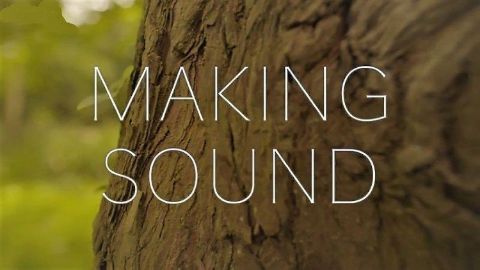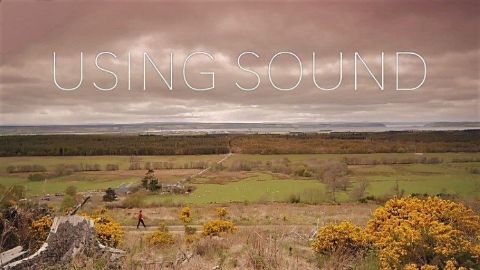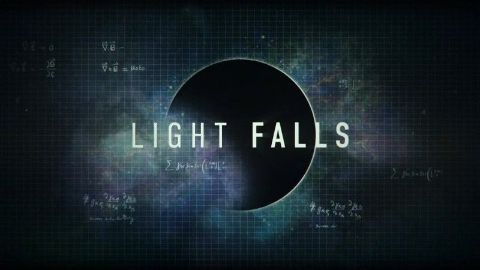Making Sound • 2017 • episode "S1E1" • Sound Waves: The Symphony of Physics
At the Palace of Westminster, Helen teams up with scientists from the University of Leicester to carry out state-of-the-art measurements using lasers to reveal how the most famous bell in the world - Big Ben - vibrates to create pressure waves in the air at particular frequencies. This is how Big Ben produces its distinct sound. It's the first time that these laser measurements have been done on Big Ben. At the summit of Stromboli, one of Europe's most active volcanoes, Helen and volcanologist Dr Jeffrey Johnson use a special microphone to record the extraordinary deep tone produced by the volcano as it explodes. Finally, at the University of Cambridge's Institute of Astronomy, Helen meets a scientist who has discovered evidence of sound waves in space, created by a giant black hole. These sounds are one million billion times lower than the limit of human hearing
Make a donation
Buy a brother a hot coffee? Or a cold beer?
Hope you're finding these documentaries fascinating and eye-opening. It's just me, working hard behind the scenes to bring you this enriching content.
Running and maintaining a website like this takes time and resources. That's why I'm reaching out to you. If you appreciate what I do and would like to support my efforts, would you consider "buying me a coffee"?
Donation addresses
BTC: bc1q8ldskxh4x9qnddhcrgcun8rtvddeldm2a07r2v
ETH: 0x5CCAAA1afc5c5D814129d99277dDb5A979672116
With your donation through , you can show your appreciation and help me keep this project going. Every contribution, no matter how small, makes a significant impact. It goes directly towards covering server costs.







